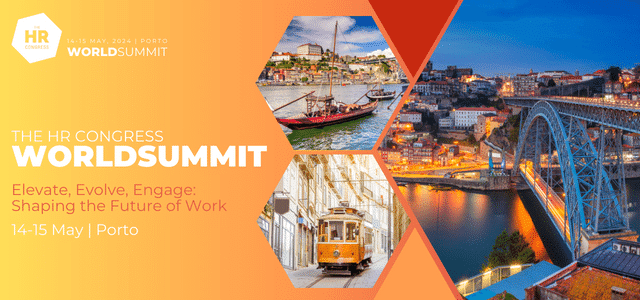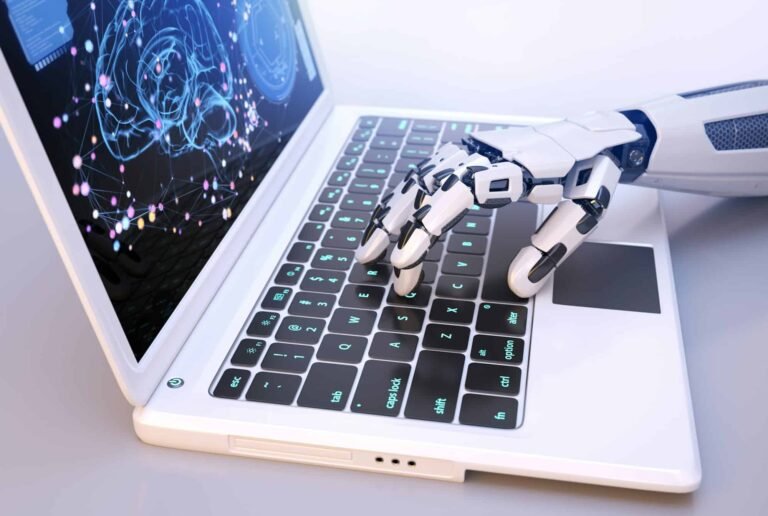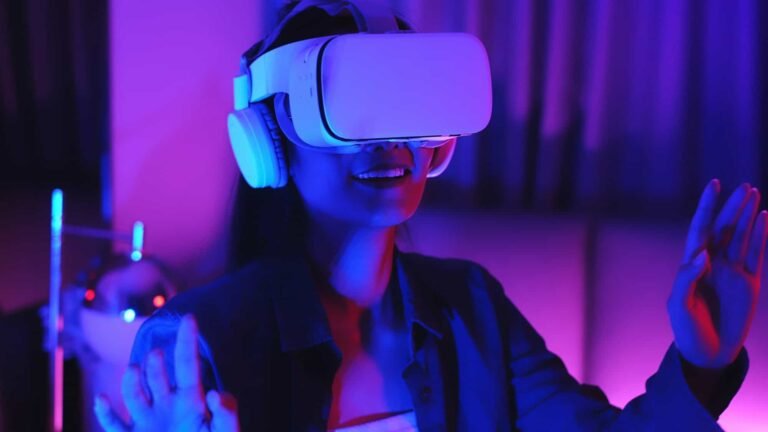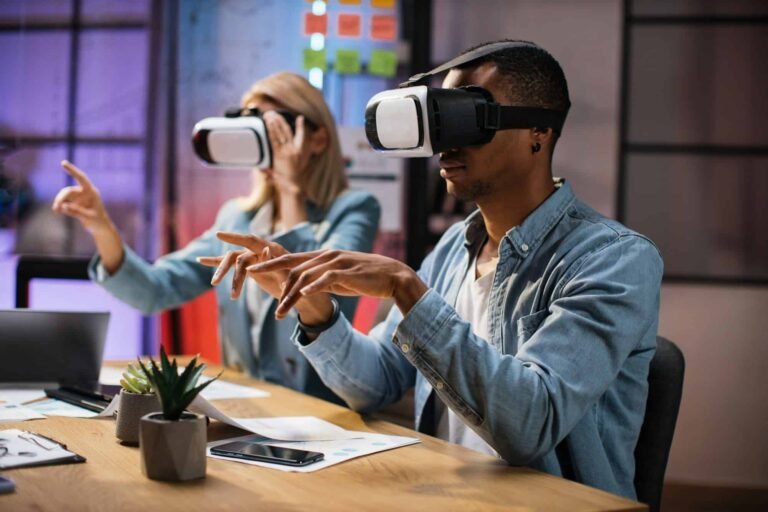WHY SHOULD YOU CARE?
In today’s fast-paced business world, the integration of generative AI into HR practices is revolutionizing how we manage and understand our workforce. This article delves into this transformative journey, highlighting how AI is reshaping recruitment, training, and employee engagement. It’s a must-read for HR professionals and business leaders seeking to stay ahead in the evolving landscape of human resources, offering valuable insights into balancing technological advancement with the essential human touch.
In the ever-evolving landscape of human resources, the advent of generative AI has been nothing short of revolutionary. As we reflect on the journey of this technology over the past year, it’s clear that its integration into HR practices is not just a fleeting trend but a fundamental shift in how we approach the workforce.
The initial buzz around AI in HR was filled with a mix of curiosity and skepticism. HR professionals and business leaders alike pondered the practicality and implications of integrating AI into their operations. Fast forward to today, and the picture is strikingly different. Generative AI is no longer a futuristic concept; it’s a present reality shaping the HR domain in profound ways.
One of the most significant impacts of AI in HR has been in the realm of recruitment and talent acquisition. Gone are the days when HR teams would sift through piles of resumes manually. AI has brought efficiency and precision to this process, screening candidates based on qualifications and experience, thereby cutting down the time and effort drastically. But it’s not just about screening; AI is also revolutionizing how job descriptions are written, ensuring they are free from biases and appealing to the right candidates.
The influence of AI extends well beyond hiring. It’s reshaping employee onboarding and training, and creating personalized programs based on an individual’s role, experience, and learning pace. Imagine an AI system that designs a unique onboarding plan for each new hire or customizes training materials to suit different learning styles. This level of personalization was unthinkable a few years ago but is quickly becoming the norm.
Performance management, a critical aspect of HR, is also getting an AI makeover. AI-driven analysis of employee performance data is providing managers with insights that were previously inaccessible. These insights are not just numbers and graphs; they tell a story about each employee’s journey, helping managers give more meaningful feedback and set realistic performance goals.
Another area where AI is making a significant difference is in employee engagement and retention. Through AI-powered surveys and feedback analysis, HR professionals are gaining a deeper understanding of workplace satisfaction and areas needing improvement. More impressively, predictive analysis is helping identify employees at risk of leaving, enabling proactive measures to retain talent.
However, the journey hasn’t been without its challenges. The foremost concern has been around data privacy and the ethical use of AI. Ensuring that employee data is handled securely and in compliance with privacy laws is paramount. There’s also the ever-present risk of AI systems perpetuating biases. Regular auditing and the use of diverse datasets have become essential practices to mitigate these biases.
Balancing AI with human judgment remains a key consideration. AI is a powerful tool, but it cannot replicate human empathy and understanding. The best AI strategies in HR are those that combine the efficiency of AI with the nuanced judgment of human professionals. For instance, while AI can pre-screen candidates, the final hiring decision is best left to humans.
Looking to the future, the possibilities of AI in HR are boundless. We are likely to see more advanced personalization in employee experiences, more sophisticated talent acquisition strategies, and an enhanced focus on employee wellness. AI-driven analytics will offer deeper workforce insights, aiding in strategic decision-making and workforce planning. There’s also a growing trend towards ethical AI practices, ensuring fairness and transparency in all AI-driven processes.
As AI continues to evolve, HR professionals and business leaders must stay informed and adapt to these changes. This involves not only understanding the capabilities of AI but also addressing the ethical and practical challenges it presents. Investing in training for HR teams, ensuring transparent communication about AI use, and maintaining a balance between AI and human judgment are crucial steps in this journey.
Generative AI is undoubtedly reshaping the HR landscape, presenting a future where operational efficiency and enhanced employee experiences coexist seamlessly. Its role in streamlining recruitment, personalizing employee training, and offering deep, actionable insights into workforce dynamics is transformative. As we move forward, HR professionals and business leaders must embrace this technology thoughtfully, addressing its challenges with a responsible and ethical approach.
By striking a balance between the efficiency of AI and the irreplaceable human element in HR, we can ensure that the integration of AI not only optimizes processes but also cultivates a more supportive, inclusive, and engaging workplace. The journey of HR into the era of AI is just beginning, and navigating this path wisely will be key to harnessing its full potential in the ever-evolving world of work.
Explore the cutting-edge integration of generative AI in HR at The HR Congress World Summit in Porto, where industry leaders will unveil the future of work:












